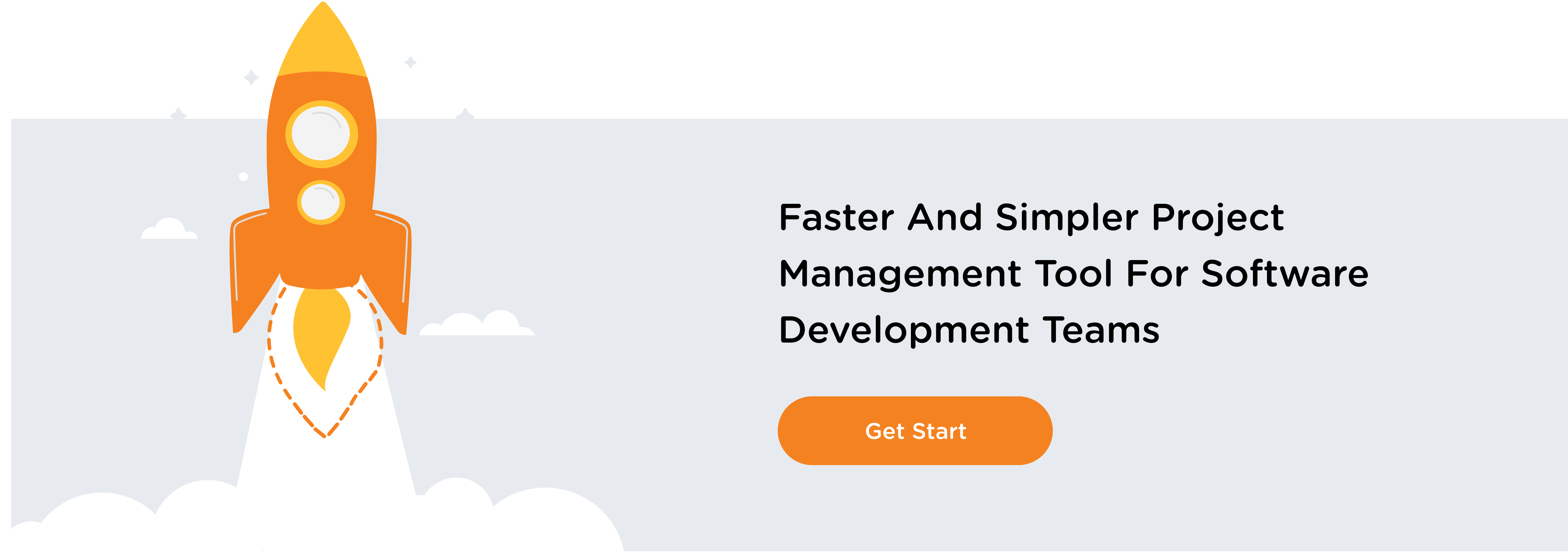As a CFO, you have an essential role in any ongoing project in your business. Here’s how you can help support your project managers to help ensure the overall success of projects.
Offer Structure and Consistency
Nothing can set a project into a tailspin faster than a lack of proper funding. As a CFO, you likely hold the purse strings on projects. However, you need to offer structure and consistency regarding how and when to access funds for projects. This doesn’t mean you have to micro-manage your project manager. However, you should be there as a support for if/when, for example, there’s pushback from some other stakeholder that may begin to cause scope creep and can derail a carefully managed project’s funding. By being consistent and offering structure, you’ll make it easier for your project manager to push back and have the mechanisms to show stakeholders how their side projects will be detrimental to the final product.
Share the Data
CFOs should be willing to give project managers assistance with financial data, including income and cash flow statements concerning the project in play. This will allow project managers to understand where the money is going and can assist them in better balancing priorities and resources.
Get Involved Early and Stay in the Loop
A good CFO should always know where a project is and stay updated on any live projects to understand the financial impact better. Project managers should have access to you to come to you if financials are skyrocketing or targets are off. It’s entirely possible if a project wasn’t adequately scoped out, that finance may come into play, and if you weren’t involved right from the outset, you might be setting yourself up to swoop in, and problem solve midway through. When it comes to effective and efficient project management, the sooner a problem is realized, the easier it is to recalibrate. Therefore, don’t just sign off on project budgets and forget about what’s happening. Check-in early and often.
Be a Relationship Builder
Banks, investors, and other financial interests will often impact an organization’s ability to finance projects. This is especially true in startup ecosystems. As a CFO, you should constantly build relationships with outside sources if additional financing is needed.
Advice on Best Practices
At the end of a project, a CFO should re-assess the financials and have ideas about how a company can build better project management processes. For example, financials can show where money was spent and at what part of the project. By looking at financials, a CFO can help advise on staffing requirements, technology costs, and time constraints. By working with a project manager after the close of a project, a CFO can understand better how the money was spent, when, and why, and hopefully be able to come up with a solution on how to best approach the next project concerning cash.
Conclusion
By working closely with project managers, a CFO can understand the inner workings. Within dynamic teams, it’s hard to glean insights simply from numbers. Bridging the gap by working directly with project managers can help both parties understand how to navigate best a project to deliver on time and within financial constraints while building a united front against pet projects and scope creep.
Want more Bitband insights? Check out:






